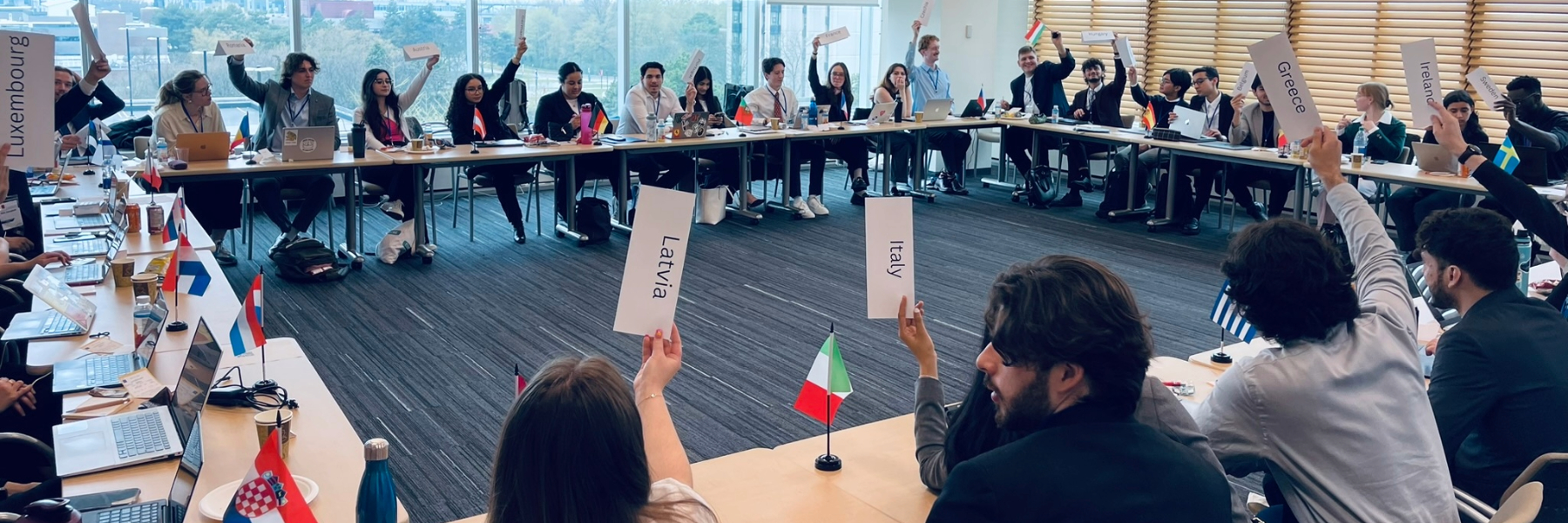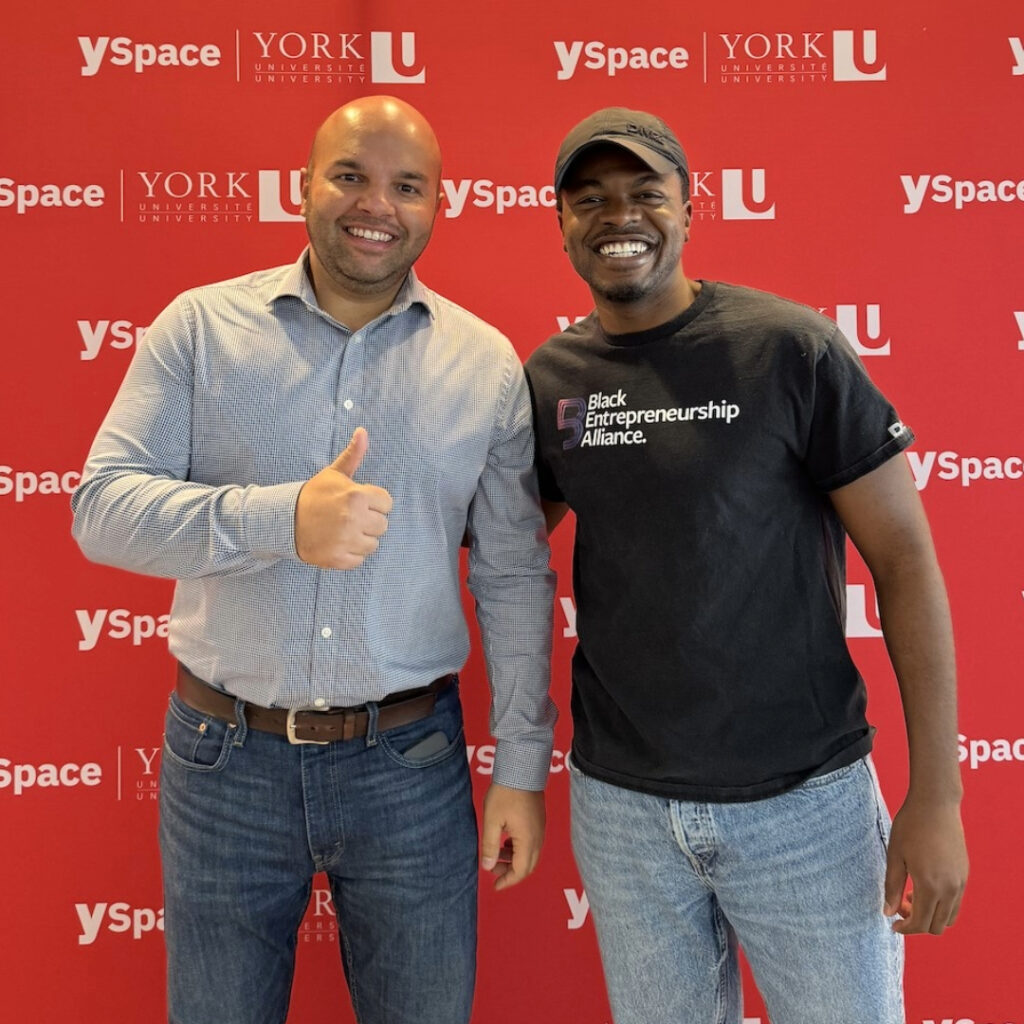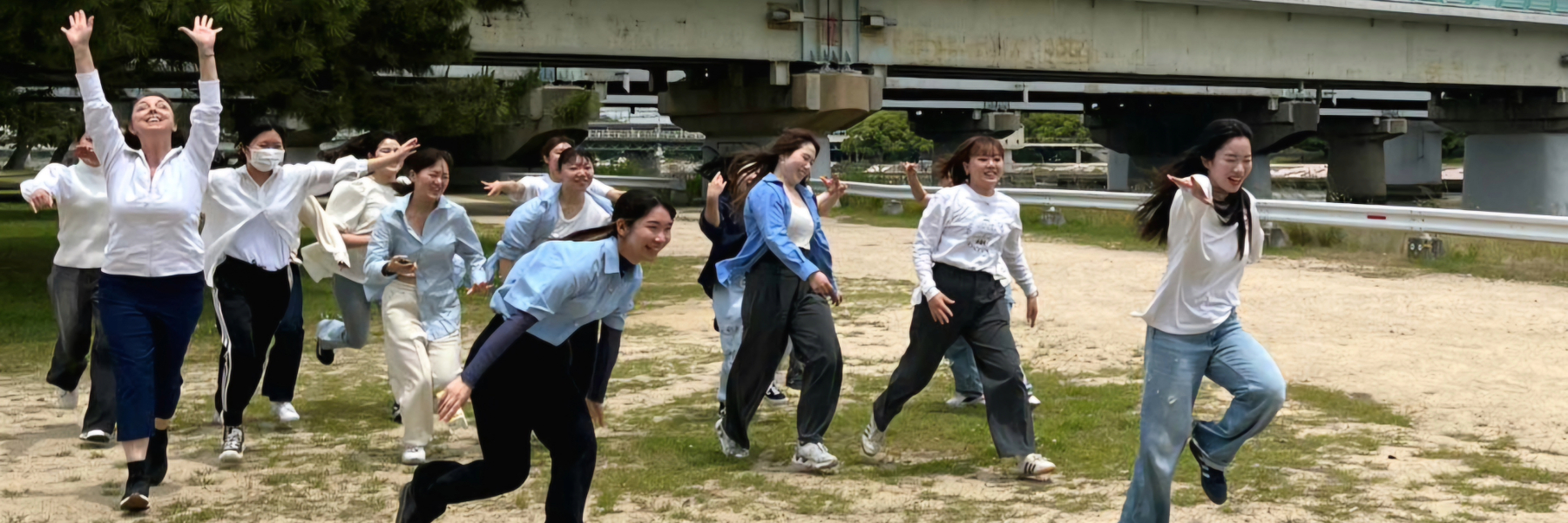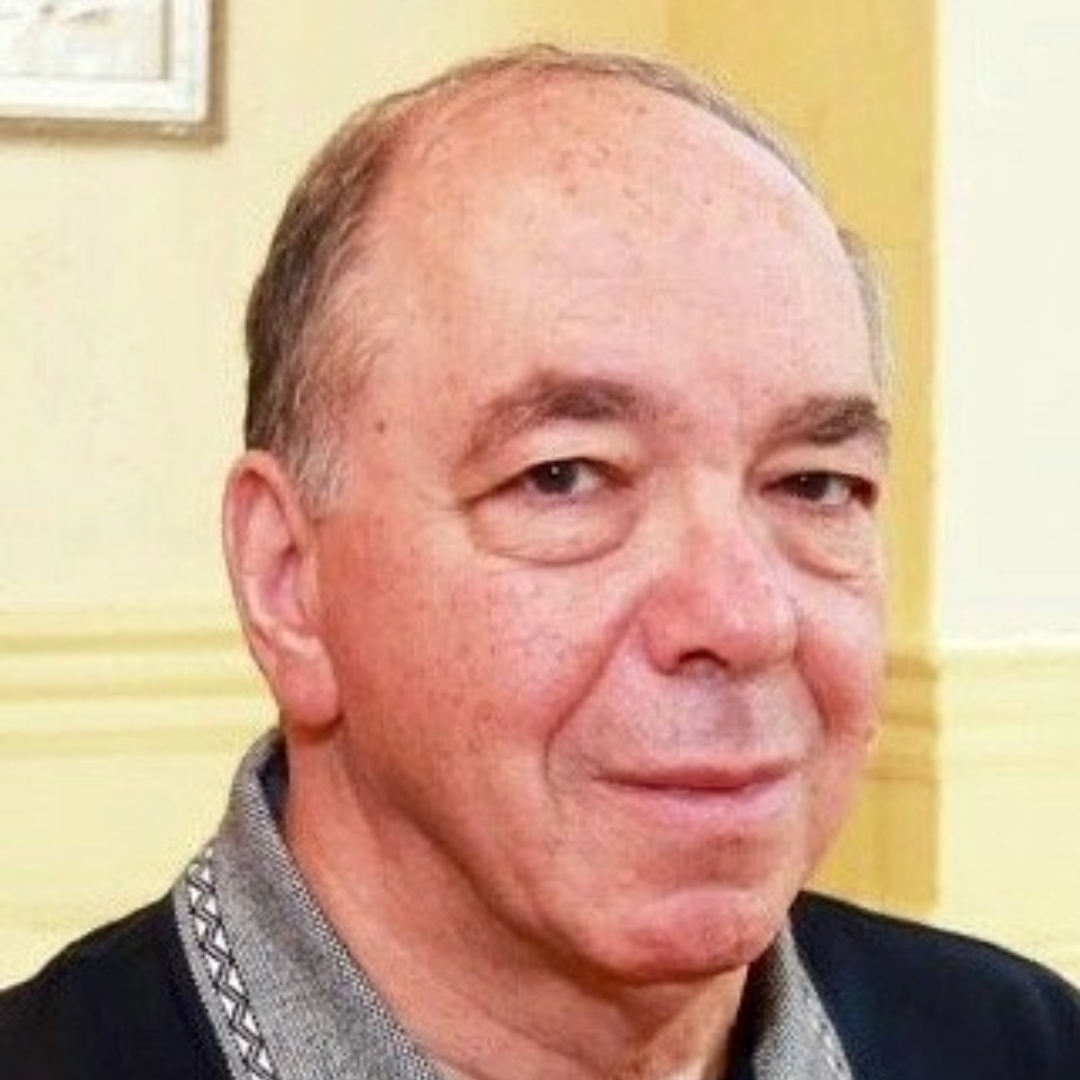At York University’s Lassonde School of Engineering, building relationships with external partners is a key objective that not only enhances Lassonde’s reach and reputation but provides students with unique learning opportunities and experiences.
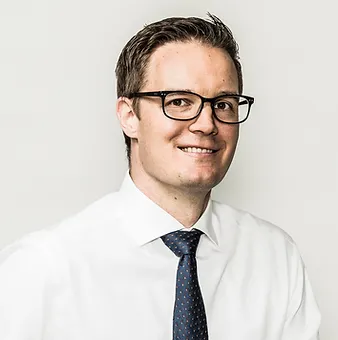
Recently, Liam Butler, an associate professor in the Department of Civil Engineering, teamed up with construction company Printerra, which offers 3D construction printing. Together, they are helping to address Canada’s growing demand for affordable and sustainable housing by manufacturing 3D-printed concrete homes. Using state-of-the-art printing technology and low-carbon concrete materials, the project’s goal is to transform the future of housing construction by reducing both labour costs and construction time.
In support of this initiative, Butler received funding through the Natural Sciences & Engineering Research Council of Canada’s Alliance Advantage program. In addition to aiding research objectives, this funding will allow for the training and recruitment of graduate-level student researchers, who will have the opportunity to advance their engineering skills through lab testing and field monitoring.
“The major goals of this project are testing the feasibility of 3D-printed concrete homes and their long-term performance against different climate conditions,” says Butler.
This project will take advantage of innovative facilities at Lassonde, including the High Bay Structures Lab and the Climate-Data-Driven Design (CD3) Facility – a unique space that allows for outdoor testing and monitoring of natural and infrastructure materials to evaluate their performance under realistic climate conditions.
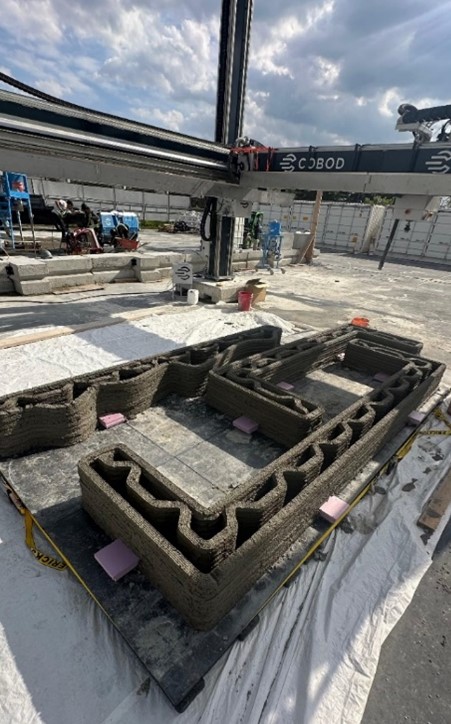
“Printerra is the first industry partner to directly undertake work at the CD3 Facility,” says Butler. “This project fulfills the entire vision of the facility, and we hope it will put us on the map and generate further interest from industry partners.”
In addition to performance testing, Butler will focus on the development of low-carbon concrete mixtures that can be used to 3D print structural components.
Similar to 3D printing with plastics and metals, using concrete involves the successive deposition of thin layers of material through an extrusion nozzle. The properties of the concrete must be closely controlled to ensure each layer hardens and holds its shape prior to adding the next layer.
Typically, these mixtures contain significant amounts of Portland cement, a conventional material used to make concrete – and a significant contributor to global carbon dioxide emissions. By developing new, low-carbon concrete materials, Butler will establish a sustainable alternative to conventional concrete, helping to offset the associated carbon footprint of 3D-printed housing.
This project also gives student researchers the chance to collaborate with industry professionals and achieve research outcomes that directly relate to industrial applications. Such opportunities are crucial for career preparation, offering learners hands-on experiences and connections that are invaluable as they transition from academia to their professional careers.
“This project is going to demonstrate the strong potential of 3D-printed concrete homes while building trust in new, low-carbon concrete materials and construction technologies – it is a very exciting time for our research group,” says Butler.




